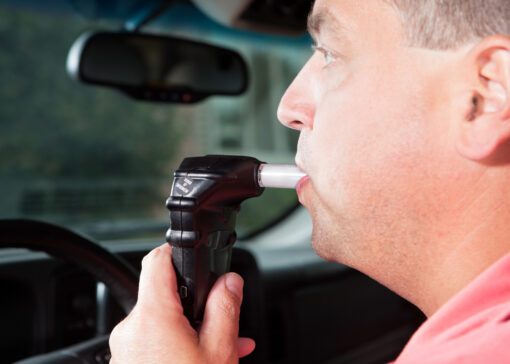
You must submit an exemption request
If the court orders that you install an IID but you don’t own a car, you must submit a statement of non-ownership to the court to request an exemption. There are stringent standards to meet, and the court might not approve it if you miss even one of them. The next step is installing an IID in a car, either your own or one you have access to. DUI probation might be violated if you refuse to do so.
Understanding non-ownership declarations
Declarations of non-ownership are formal papers submitted to the court. It will be noted on the form that you do not possess or have access to a vehicle. The form asks you to indicate that you are aware that you are not permitted to operate a vehicle without an IID, thus this should exempt you from the IID requirement. The regulations are listed on a single page of this form.
A person may be excluded from the IID requirement for one of two reasons: either they are not a California resident or they do not own or have access to a vehicle. In either situation, the burden of proof rests with the driver.
The definition of non-ownership and non-access by the court is strict
Regarding what it means to not own or have access to a vehicle, Californian courts are highly rigorous. The declaration won’t be accepted if the owner of the vehicle does not have it running. You must install an IID if the court orders you to do so and you own any kind of car.
They are equally rigorous on non-access. The court may order you to have an IID installed in your vehicle if you have anyone living at your home who owns a car, regardless of whether they are your spouse or a relative. The court could reject your exemption if you have a vehicle registered there. However, the court might be convinced if you can show that you don’t have the necessary keys or access.
You must install an IID if you purchase a car
If your exemption request is approved and you later purchase a vehicle while still on probation, you will need to install the IID. Even if you find yourself in a scenario where you have gotten access to a car that you do not own, this is still true. For any DUI-related matters, we advise engaging with a lawyer due to the intricacy of these circumstances. Contact Simmons Wagner, LLP at (949) 439-5857 now for help.
